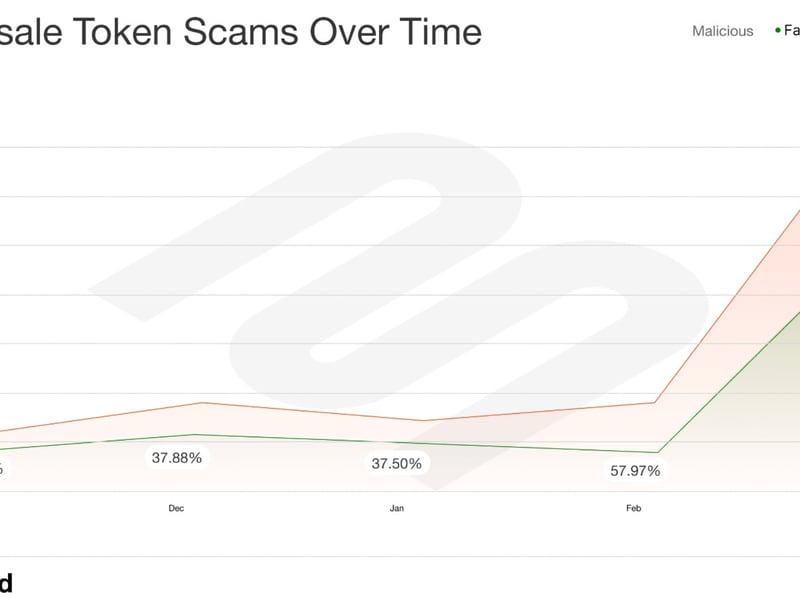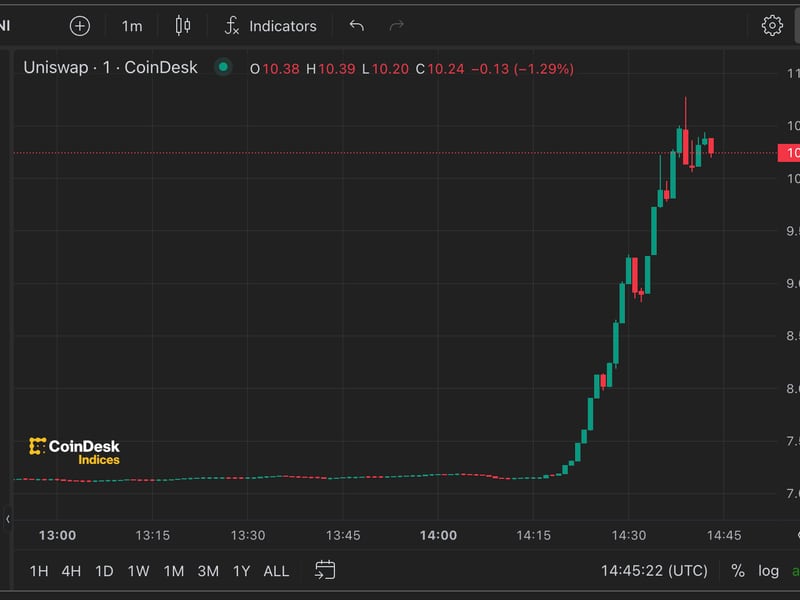Circle Intervenes in Binance’s SEC Case, Argues Stablecoins Aren’t Securities
Stablecoin issuer Circle has intervened in the Securities and Exchange Commission’s case against major crypto exchange Binance, arguing that financial trading laws shouldn’t spread to stablecoins whose value is tied to other assets.
In June, regulators charged Binance with multiple legal violations for facilitating trades in cryptocurrencies, such as solana’s SOL, cardano’s ADA and the Binance stablecoin BUSD, which the SEC alleged constituted unregistered securities.
That’s become one of the most major cases in crypto right now, as the world’s biggest crypto exchange – alongside rivals like Coinbase – seek to argue that crypto isn’t caught by existing heavy-handed U.S. financial laws.
Now Circle argues that assets tied to the dollar such as BUSD and its own USDC can’t constitute securities, in part because its users don’t expect any profit from standalone purchases.
“Payment stablecoins, on their own, do not have the essential features of an investment contract,” meaning they fall outside of SEC jurisdiction, Circle’s filing said. “Decades of case law support the view that an asset sale — decoupled from any post-sale promises or obligations by the seller — is not sufficient to establish an investment contract.”
The SEC alleged BUSD was sold as an investment contract because Binance marketed it as offering yield through reward programs. Binance, its U.S. arm and its owner Changpeng “CZ” Zhao last week filed to dismiss the SEC case, arguing the regulator is seeking authority over digital assets without congressional authorization.
Circle’s filing, known as an amicus curiae or friend of the court brief, is made in part by its Chief Legal Officer Heath Tarbert, himself former chair of the Commodity Futures Trading Commission, another federal regulator which is suing Binance.
Edited by Parikshit Mishra.









